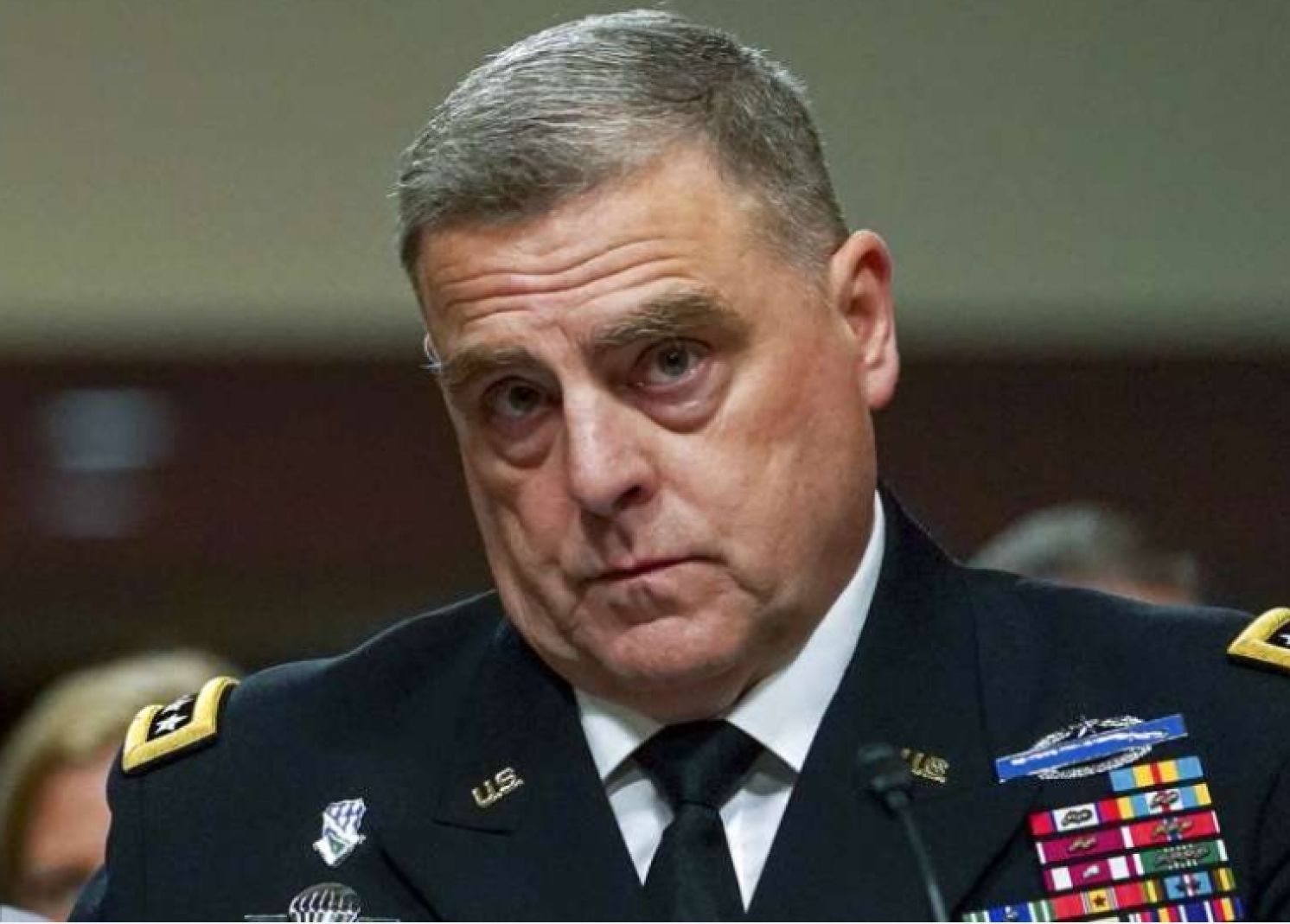
This Week in Taiwan 0702-0708
July 1: General Mark Milley, chairman of the Joint Chiefs of Staff of the United States, delivered a speech at the National Press Club luncheon in Washington, pointing out there is no sign that mainland China has decided to attack Taiwan in 2027, and the United States and other countries still have time to make it clear to China that the use of force is a bad idea. He emphasized that the U.S. military must be ready at any time and advance military modernization as soon as possible to ensure its superiority over China and increase the likelihood of deterring war.
July 3: Kuomintang (KMT) presidential candidate Hou Yu-ih formally expressed his stance on the "1992 Consensus." According to Hou, he accepts the 1992 Consensus that is in line with the Constitution of the Republic of China but opposes the 1992 Consensus connected with "One Country, Two Systems" or stigmatized by President Tsai Ing-wen.
July 3: Hou stated that the ruling Democratic Progressive Party (DPP) has made the Taiwan Strait dangerous such that compulsory military service for conscripts had to be extended to one year. With cross-strait relations as his utmost priority, if elected president, Hou pledges that he will ensure peaceful and stable cross-strait relations and shorten military service back to four months.
It is reported that Hou's remarks attracted criticism by the United States. Hou later issued a statement reiterating that he does not object to the current measure of extending military service to one year. Hou's campaign team confirmed that the United States had sent people to express concern.
July 4: Morris Chang, founder of the Taiwan Semiconductor Manufacturing Company, attended the annual members meeting of the Chinese National Association of Industry and Commerce (CNAIC), and delivered a speech on redefining globalization. According to Chang, the importance of national security, technological and economic leadership have overtaken globalization. The new definition of globalization is allowing domestic enterprises to operate abroad and foreign industries and services to enter the home country without harming national security or that country's current or future technological and economic leadership. Chang questioned whether this can still be considered globalization.
July 4: In an opinion piece in the Wall Street Journal, DPP presidential candidate William Lai proposed a four-pillar peace plan, including strengthening Taiwan's deterrence capabilities, building economic security, establishing partnerships with democracies around the world, and supporting the cross-strait status quo. Lai called his cross-strait policy pragmatic and consistent. He supports the status quo in the Taiwan Strait and does not rule out the possibility of dialogue.
July 5: In a live online interview, Director-General Tsai Ming-yen of the National Security Bureau stated that at present, Communist China is not capable of launching a war against Taiwan. Before China has the ability to invade Taiwan by force, what China can engage in is intimidation, not aggression.
July 5: Taiwan experienced nation-wide blackouts in 2021 and 2022. The Control Yuan filed a correction case against the Taiwan Power Company and impeached eight people. The report indicated that in order to alleviate the pressure on the power supply system, Taipower operated gas turbine units of the second and third nuclear power plants, which was intended for emergency use, and implemented demand bidding measures. During the 18 months from 2020 to October 2022, it was used for power peaks or when large-scale units experience trip breakers. Exceptions to adopt these emergency mechanisms became the norm, and such power generation was not included in the electricity annual report. This case of "black electricity" should be reviewed and improved.
July 7: The Ministry of Finance (MOF) announced that exports in June amounted to US$32.3 billion, an annual decrease of 23.4 percent, and imports were US$26.3 billion, an annual decrease of 29.9 percent, both of which suffered the deepest declines in 14 years. The cumulative export value in the first half of the year was US$202.1 billion, with an annual decline of 18 percent, the bleakest performance since the global financial crisis. The MOF originally envisaged figures turning positive in September at the earliest but has postponed the expected turnaround to November.